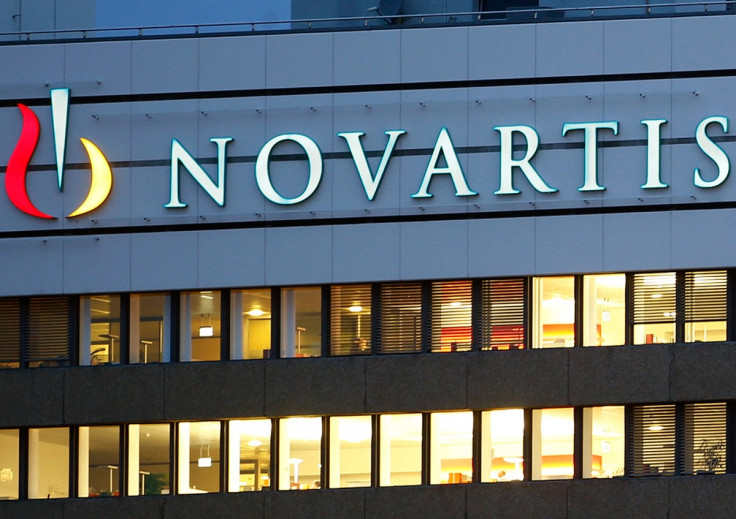Novartis Faces Criminal Complaint in Japan Over Exaggerated Advertising of Hypertension Drug

Japan's health ministry has sued Swiss drug maker Novartis for exaggerated advertising to boost the sales of its flagship blood pressure drug Diovan.
The ministry filed a criminal complaint against the company with the Tokyo District Public Prosecutor's Office alleging that it promoted the sales of the hypertension drug using manipulated data.
Novartis exaggerated Diovan's effectiveness in its marketing materials in breach of the country's pharmaceutical affairs law, according to the ministry.
The government has been conducting investigations for several months at the company's local arm.
In September, a ministry panel said the company promoted Diovan as a treatment for reducing stroke risks, while it lacked sufficient evidence to back the use of the drug. This improper promotion of drugs could lead to fines and jail terms, according to the ministry.
Novartis said it will fully cooperate with Japanese authorities in the investigation.
"We deeply apologise for the great worry and inconvenience we have caused to patients, their families, those in the medical field and the Japanese people," the company said in a statement.
Japan is an important market for Novartis as it accounted for about 9.5% of its global revenues in 2012, according to data compiled by Bloomberg.
Diovan Controversy
Diovan is one of the company's best selling drugs with $4.4bn in 2012 global sales. Its patent expired in Japan last September, and is currently facing competition from generic drugs.
Two separate studies on the drug claiming it can be used for cutting risk of stroke along with treating high blood pressure were later disputed. Universities that conducted the studies admitted that the data they used could have been manipulated.
The Japanese health ministry panel also suspected that Novartis might have influenced the studies as it provided funds to the two universities.
In July, Novartis said some former employees of its Japanese unit had assisted on the Diovan trials and they failed to declare their affiliations to the company.
However, the company noted that it could not find any evidence in its investigation that the former employees manipulated the trials.
© Copyright IBTimes 2024. All rights reserved.






